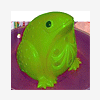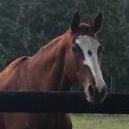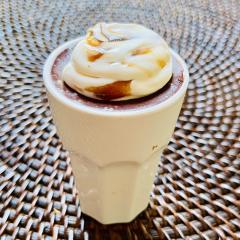-
Welcome to the eG Forums, a service of the eGullet Society for Culinary Arts & Letters. The Society is a 501(c)3 not-for-profit organization dedicated to the advancement of the culinary arts. These advertising-free forums are provided free of charge through donations from Society members. Anyone may read the forums, but to post you must create a free account.
TDG: 27 Small Courses of Ferran Adria
-
Similar Content
-
- 17 replies
- 1,208 views
-
- 72 replies
- 4,923 views
-
- 14 replies
- 1,206 views
-
- 79 replies
- 16,959 views
-
- 1 reply
- 711 views
-
-
Recently Browsing 0 members
- No registered users viewing this page.







Recommended Posts